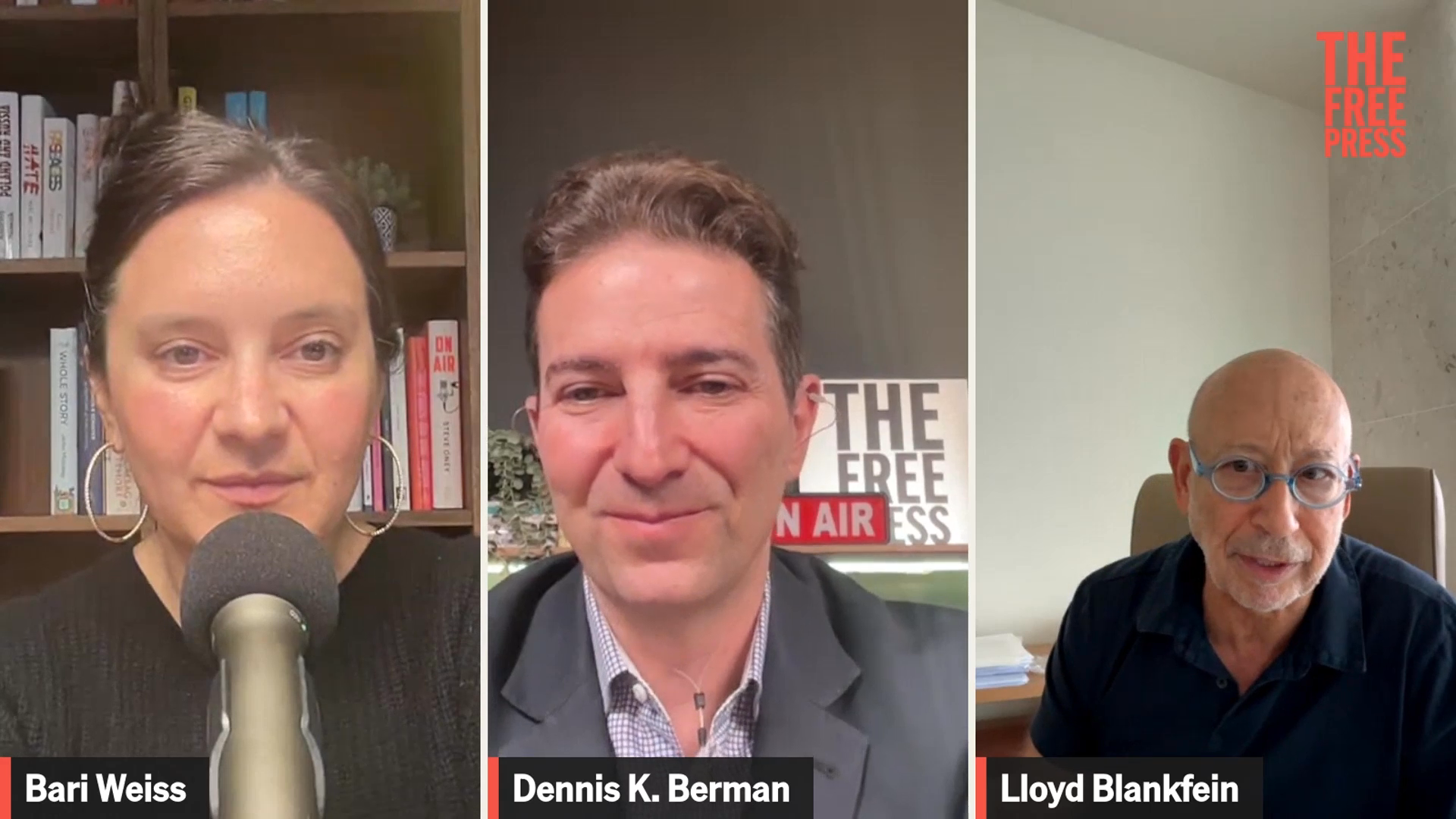Citi picks Jane Fraser as next CEO — first woman to lead the bank
Citigroup announced that Jane Fraser would succeed Michael Corbat as the bank's next chief executive, making Fraser the first woman to ever lead a Wall Street bank.
Fraser, 53, is currently head of Citi's global consumer banking division, a major part of the bank that includes checking and savings accounts but also Citi's massive credit card business. Fraser, whose rise at the bank has taken her through some of the firm's most troubled divisions, has been with Citi for 16 years.
During the financial crisis, Fraser was part of a team that helped decide which divisions would be sold in order to shore up the bank's finances. In 2013, she was sent to St. Louis to run Citi's mortgage division less than a year after it and other large banks paid billions to settle claims they had unfairly foreclosed on home owners in the aftermath of the housing bust.
Two years later, Fraser was made head of the bank's Latin American division shortly after a scandal involving fraud led to the resignation of the head of Citi's large Mexican operations.
Fraser returned to Citi's New York headquarters last year to run the bank's consumer division, fueling speculation that she was being positioned for the bank's top job. Ray McGuire, another top Citi executive, long rumored to be a potential next CEO of the bank, has reportedly been considering leaving the bank to run for mayor of New York City.
"Fraser is a superstar and this is a welcome milestone in an industry with a long and ugly history of hostility towards women," said veteran journalist and author Susan Antilla, whose 2002 book "Tales from the Boom-Boom Room: Women vs. Wall Street," details a culture of sexual harassment at Smith Barney and on Wall Street in general in the 1990s. "Get enough women running these banks and we could see an industry that looks much different from the one I wrote about in 2002," Antilla said.
Fraser will be the first woman to lead one of Wall Street's big six banks. Earlier this year, Fraser told Fortune of the advantages she felt she had as a woman to be a more effective leader. "Being a woman has real power and strength to it. I can be much more vulnerable in certain areas; talking more about the human dimensions of this than some of my male colleagues feel comfortable [with]," Fraser told the magazine. "I don't feel that's in any way soft or weaker."
Last year, during congressional testimony, none of the CEOs of the nation's six largest banks –– which included Corbat –– raised their hand when asked if they believed they would be succeeded by a woman or a person of color.
JPMorgan Chase has had women in senior roles for years, and recently elevated its chief financial officer Marianne Lake to head of the firm's consumer lending operation. Nonetheless, CEO Jamie Dimon shows no signs of stepping down from his role.
Corbat led Citigroup for eight years, rebuilding the company after its near collapse during the Great Recession and 2008 financial crisis. The federal government had to step in to buy a stake in Citi to keep it afloat, as the New York bank had some of the most toxic assets of all the major banks during that time.
Corbat turned Citi into a much smaller and stable entity, focusing on its credit card businesses and its international banking franchise. Now 60, he plans to retire in February of next year, Citi said, at which point Fraser will step in to take his place.
Fraser will also join Citi's board of directors, effective immediately. The bank has not disclosed what her salary will be as CEO. Fraser was paid $12.5 million last year, according to a company filing, or about half of Corbat's $24 million salary.
Journalist Antilla said Fraser's appointment is a step in the right direction for Wall Street, but that the culture at Citi and other banks remains one where people are encouraged not to speak up when they see instances of sexual harassment, and indeed are often punished when they do.
"It's pretty typical that people who complain of discrimination are treated that way, so Citi isn't alone," said Antilla. "But if Fraser were to set a tone where complainers don't become pariahs, well that would be even bigger than the news that she's been made the new boss."
The Associated Press contributed reporting to this piece.



